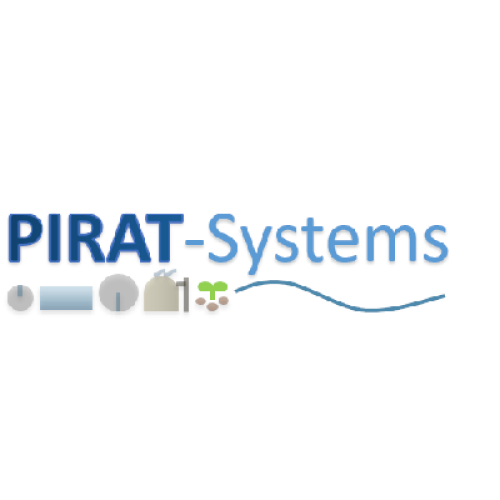

Affordable and clean energy
Climate action
Decent work and economic growth
Sustainable cities and communities
Responsible consumption and production
Partnerships for the goals
Clean water and sanitation
Coordinator: Technical University of Kaiserslautern
Contact Person: Professor Heidrun Steinmetz
Address: Paul-Ehrlich-Str. 14, 67663 Kaiserslautern
Phone.: +49 (0)631 205-2944
Email: heidrun.steinmetz(at)bauing.uni-kl.de
https://www.bauing.uni-kl.de/rewa
Project partners
- Magdeburg-Stendal University of Applied Sciences
- Dresdner Grundwasserforschungszentrum e.V.
- Hochschule Emden-Leer
- University of Hohenheim
- BHU Umwelttechnik GmbH, Leonberg
- LUG Engineering GmbH, Cottbus
- SF - Soepenberg GmbH, Hünxe
- Thorsis Technologies GmbH, Magdeburg
- Umtec Silo- und Schüttgutengineering GmbH, Halle
Project partners in China
- Tongji University, Shanghai (China)
- Shanghai Jinshan Sea Drainage Engineering Co., Ltd., Shanghai (China)
- China Agricultural University, Beijing (China)
- China Energy Conservation and Environmental Protection Group, Beijing (China)
- China Everbright Water Limited, Hong Kong
- Shanghai Environmental Protection Bureau, Shanghai (China)
Energy- and Resource-efficient Wastewater Treatment Processes for China
The wastewater sector is very energy and resource intensive in many regions of the world. Through the use of innovative process technology, the energy input for wastewater treatment can be reduced and the cleaning performance of the wastewater improved. In addition, new approaches allow for the use of by-products as secondary raw materials, such as the use of organic residues from sewage sludge for biogas production. The German-Chinese research project PIRAT-Systems develops concepts for energy-efficient wastewater treatment and for the recovery of phosphorus from wastewater.
Resource efficient wastewater treatment
China is pushing ahead with the expansion of wastewater treatment plants in order to treat the wastewater of a large part of the population in the future. In addition, many existing Chinese wastewater treatment plants need to be expanded and upgraded in a timely manner to comply with more stringent
limit values for the permissible content of nitrogen, ammonium nitrogen and phosphorus in the wastewater. In addition to the elimination of nutrients, the increase in the energy efficiency of the clarification processes and the recovery of phosphorus are becoming increasingly important.
The research project "Energetic Process Optimization and Implementation of Resource Efficient Wastewater Technologies in Municipal Wastewater Treatment Plants" (PIRAT-Systems) develops innovative wastewater treatment processes in China. One focus of the project is a combined process for phosphorus elimination and recovery. With the aim of adapting procedures that have been researched in Europe and North America to the conditions in China, systematic investigations into phosphorus recovery by means of the precipitation and crystallisation processes are planned for the project.
Energy efficiency with high cleaning requirements
The construction and expansion of wastewater treatment plants and the associated improvement in the water body situation are causing an increasing demand for energy in the Chinese wastewater sector. The energy efficiency of Chinese wastewater treatment plants is to be achieved, among other things, through a switch to anaerobic sludge treatment and the use of co-substrates. This can also significantly reduce the amount of sewage sludge.
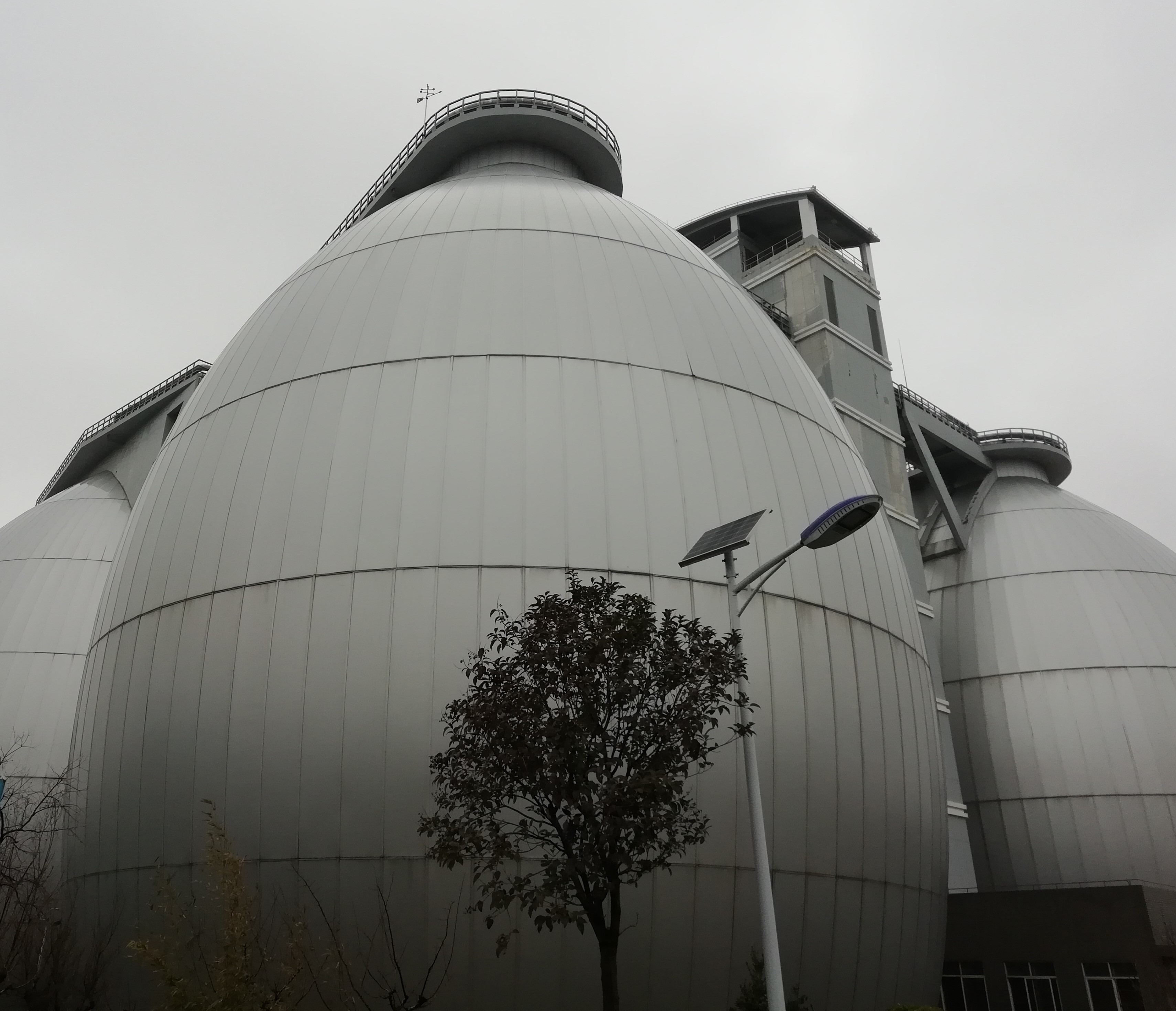
In addition, to achieve the goal of energy-neutral operation with simultaneously increasing requirements for nitrogen elimination, the power consumption of aggregates can be reduced. New, energy-efficient technologies and strategies for nitrogen elimination must also be developed and implemented. Measurement, control and regulation strategies will be developed to optimize the operation of individual process steps and to coordinate the entire process chain.
Testing of process technologies in China
Due to the different framework conditions in Germany and China, such as wastewater composition, cleaning requirements and applied process engineering, developments and experiences from Germany cannot easily be transferred to China. PIRAT-Systems is therefore pursuing the approach of developing selected technologies for the Chinese market with an interdisciplinary team of German and Chinese players. In intensive cooperation, the German-Chinese team will develop concepts for two treatment plants in China with the help of simulation models and test process technologies to increase the energy efficiency of the plants, improve the process quality of the nutrients nitrogen and phosphorus, and recover phosphorus. In order to ensure transferability to other wastewater treatment plants, dimensioning approaches and planning tools tailored to Chinese conditions will be developed.
The project also aims to more closely integrate wastewater treatment plants with other infrastructures. The quality, handling and marketing of the recycling products will be considered, as will the processing of biogas for supply to the natural gas grid. The support and acceptance of the population will also play a role here.
PIRAT-Systems will thus make an important overall contribution to improving the environmental situation in the areas of water protection, climate protection and sustainable resource management.
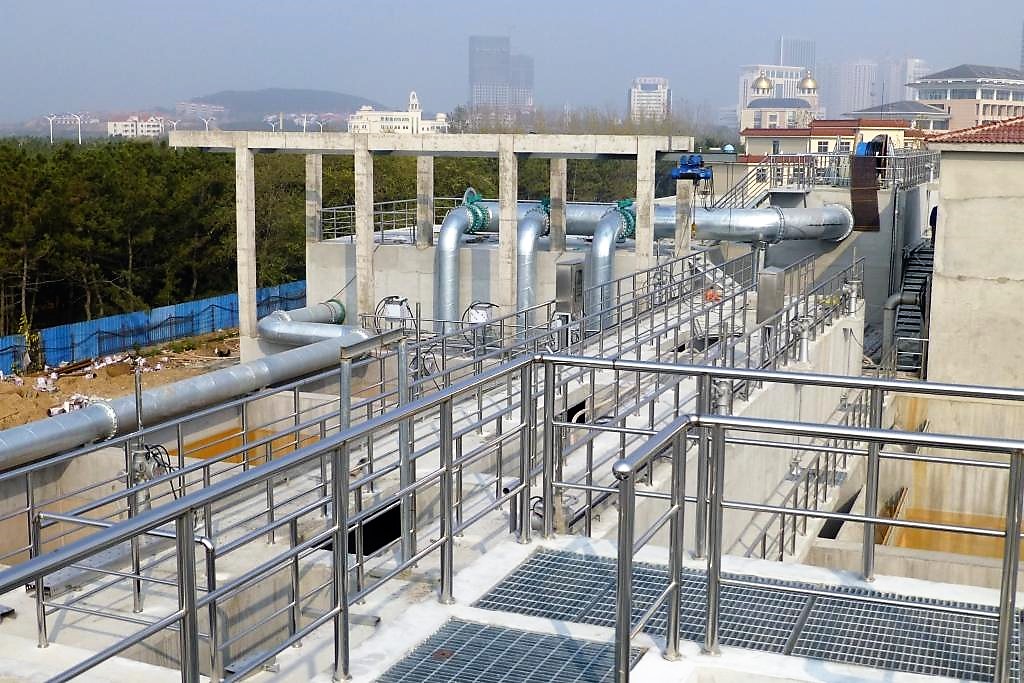
PIRAT-Systems: trials in the pilot plant completed
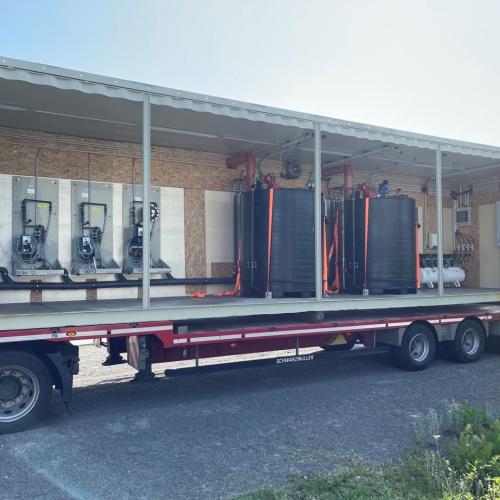
PIRAT-Systems: Field trials on struvite in vegetable cultivation in China
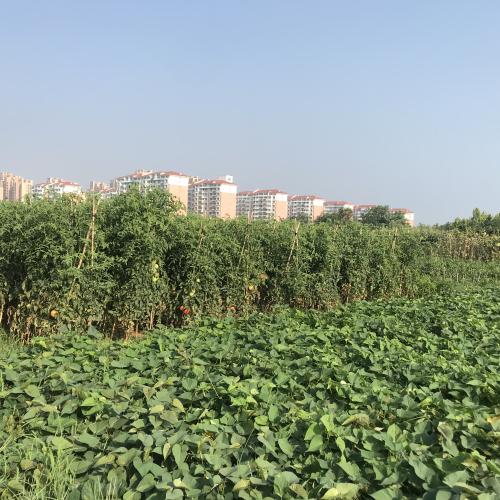
Research project: Wastewater treatment in China is expected to become more resource and energy efficient

